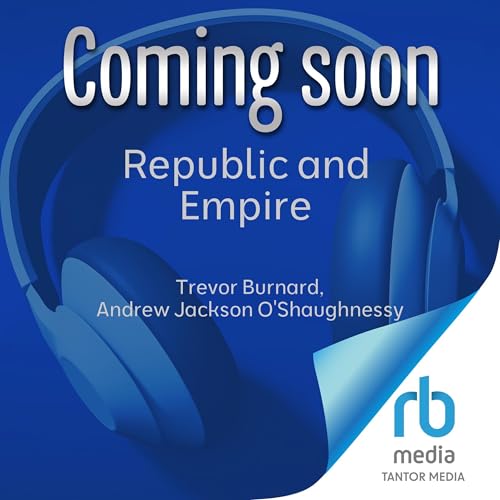
Republic and Empire
Crisis, Revolution, and America's Early Independence
カートのアイテムが多すぎます
カートに追加できませんでした。
ウィッシュリストに追加できませんでした。
ほしい物リストの削除に失敗しました。
ポッドキャストのフォローに失敗しました
ポッドキャストのフォロー解除に失敗しました
2か月無料体験
プレミアムプランの聴き放題対象タイトル
(お聴きいただけるのは配信日からとなります)
¥2,200で今すぐ予約注文する
-
ナレーター:
-
Al Kessel
このコンテンツについて
A fresh look at the American Revolution as a major global event
At the time of the American Revolution (1765–83), the British Empire had colonies in India, Africa, the Caribbean, the Pacific, Canada, Ireland, and Gibraltar. The thirteen rebellious American colonies accounted for half of the total number of provinces in the British world in 1776. What of the loyal half? Why did some of Britain's subjects feel so aggrieved that they wanted to establish a new system of government, while others did not rebel? In this authoritative history, Trevor Burnard and Andrew Jackson O'Shaughnessy show that understanding the long-term causes of the American Revolution requires a global view.
As much as it was an event in the history of the United States, the American Revolution was an imperial event produced by the upheavals of managing a far-flung set of imperial possessions during a turbulent period of reform. By looking beyond the familiar borders of the Revolution and considering colonies that did not rebel—Quebec, Nova Scotia, Bermuda, India, the British Caribbean, Senegal, and Ireland—Burnard and O'Shaughnessy go beyond the republican, liberal, and democratic aspects of the emerging American nation, providing a broader history that transcends what we think we know about the Revolution.



